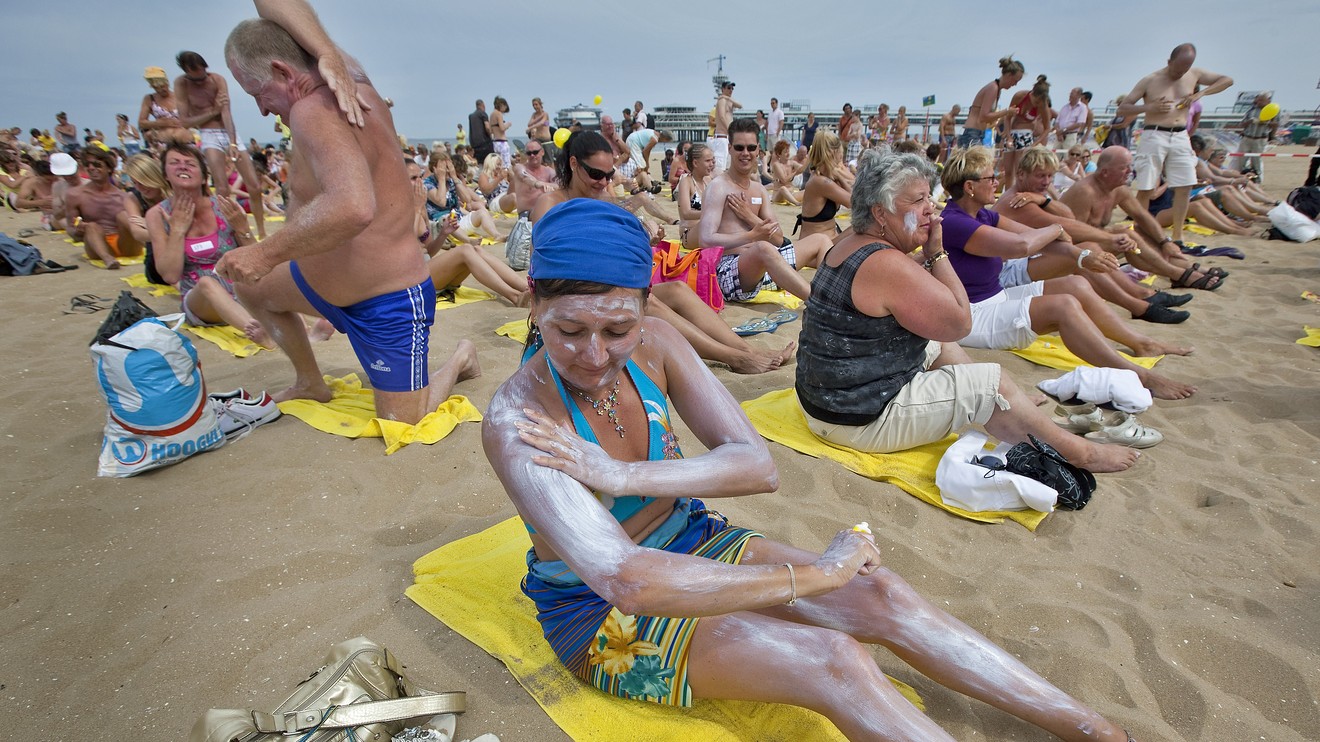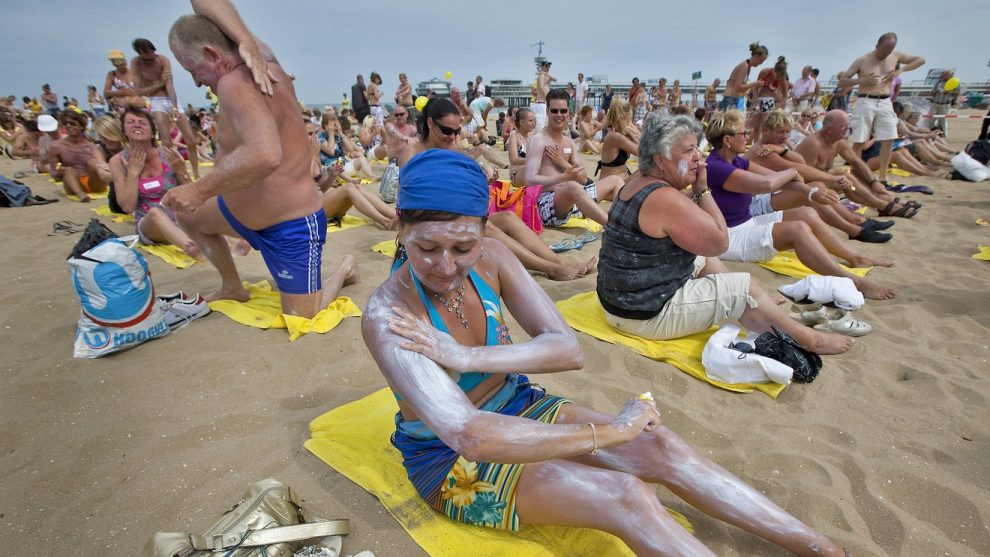
Think carefully before choosing sunscreen for you and your family this summer.
The nonprofit Environmental Working Group analyzed the chemicals and effectiveness of more than 1,300 sunscreens and found that over 60% of them would not pass safety rules proposed by the U.S. Food and Drug Administration, according to an advanced copy reviewed by CNN.
More than half of the sunscreens — 60% — that EWG reviewed either don’t adequately protect against sun exposure or have potentially harmful chemicals in them.
The FDA oversees how sunscreen manufacturers label their products, and the safety and efficacy of their ingredients. It says products with SPF or sunscreen protection factor values of 15 or above should be labeled with an SPF corresponding to the lowest number in a range of tested SPF results.
”Sunscreens testing at SPF 15 to 19 would be labeled ‘SPF 15,’” the FDA says on its website, outlining the rules for these products. “Those testing at 40 to 49 would be labeled ‘SPF 40.’” There are some 12,000 sunscreen products on the market. The EWG has its own recommendations.
The FDA identifies sunscreen dosage considered “eligible or ineligible” under its sunscreen standards. It invites comments and reports on the safety and efficacy of spray sunscreens. It recommends applying sunscreen 15 minutes before going outside and reapplying every two hours.
It also has detailed instructions on how to choose safe and effective sunscreen. “Not all sunscreens are broad spectrum, so it is important to look for it on the label. Broad spectrum sunscreen provides protection from the sun’s ultraviolet UV radiation,” it says.
“There are two types of UV radiation that you need to protect yourself from — UVA and UVB. Broad spectrum provides protection against both by providing a chemical barrier that absorbs or reflects UV radiation before it can damage the skin,” the FDA adds.
Last year, Hawaii passed a bill to ban the sales of over-the-counter sunscreens that contain the chemicals oxybenzone or octinoxate, which are considered to be harmful to coral reefs, making it the first U.S. state to do pass such a bill. The legislation will go into effect in 2021.
Get a daily roundup of the top reads in personal finance delivered to your inbox. Subscribe to MarketWatch’s free Personal Finance Daily newsletter. Sign up here.











Add Comment